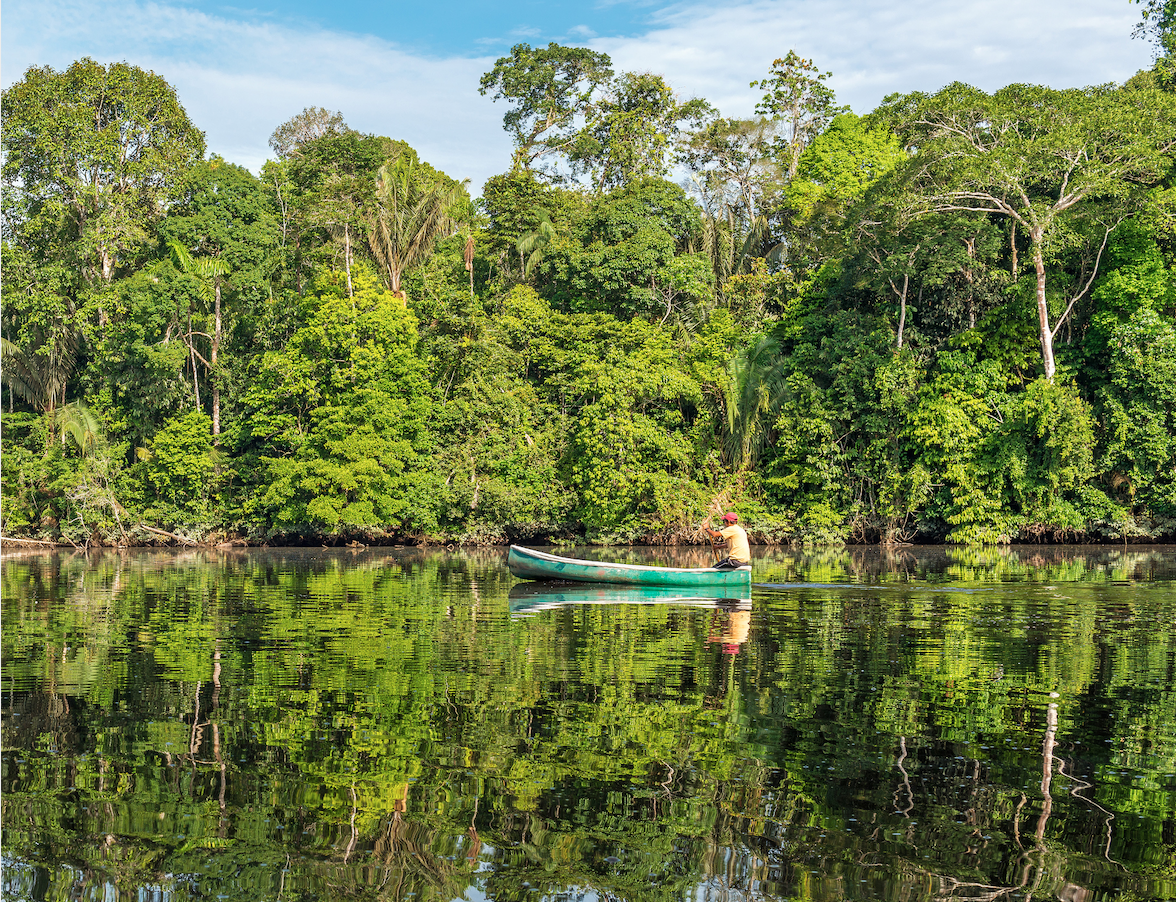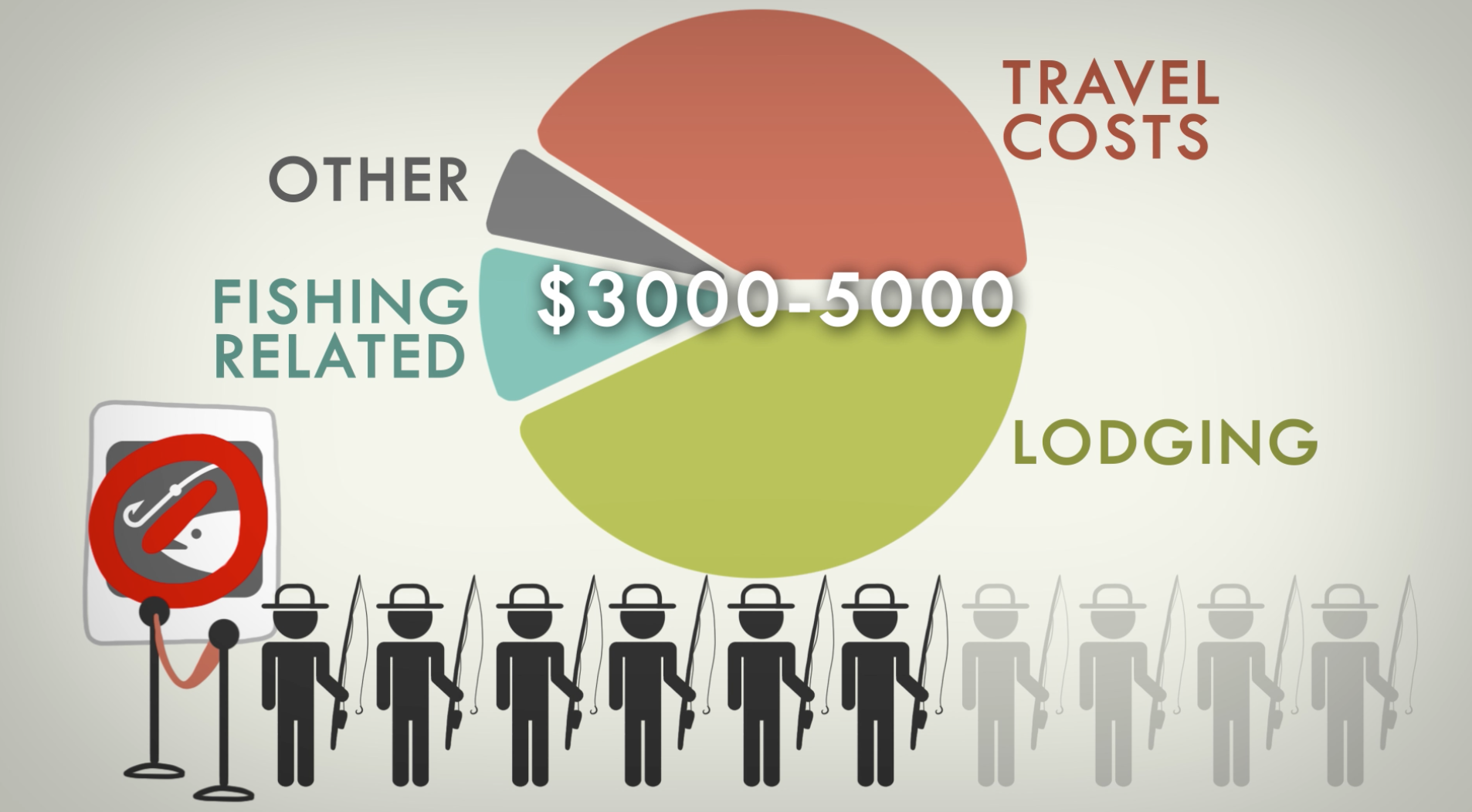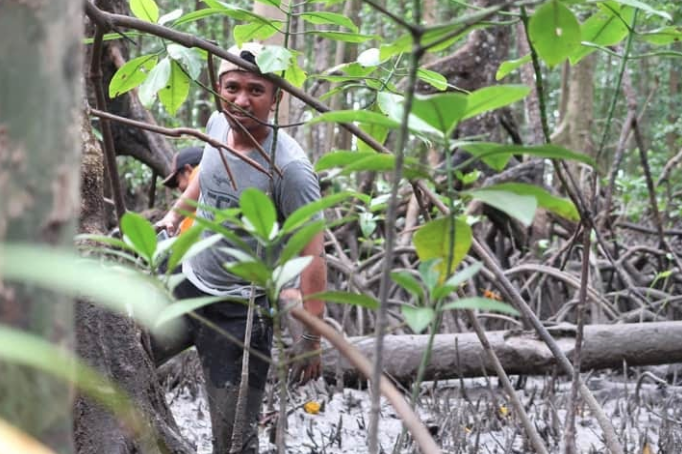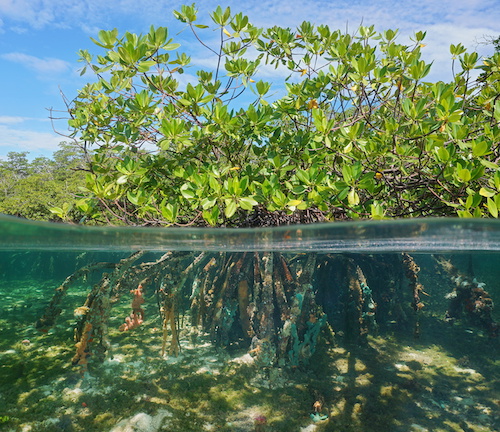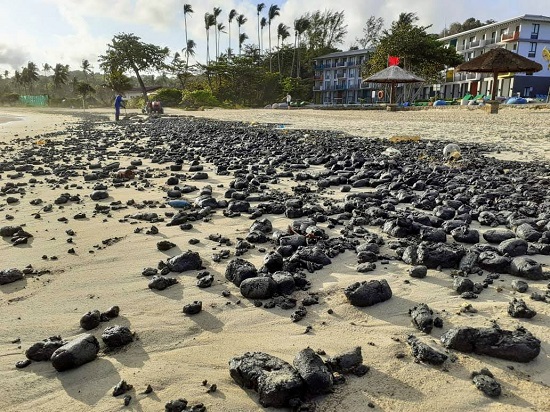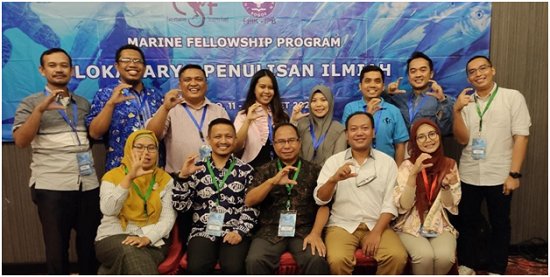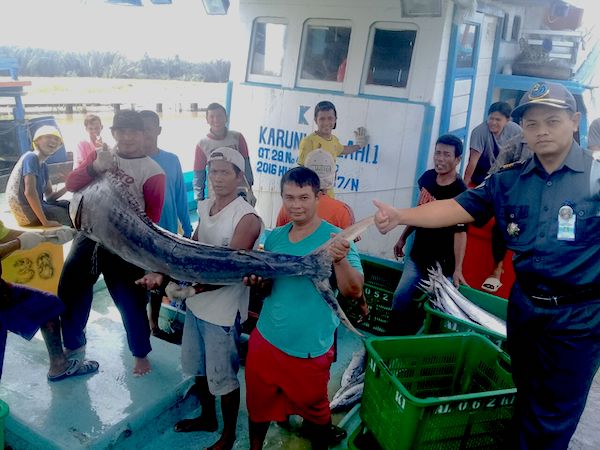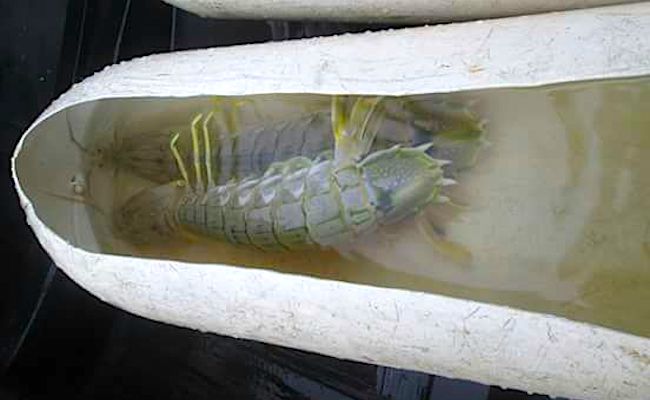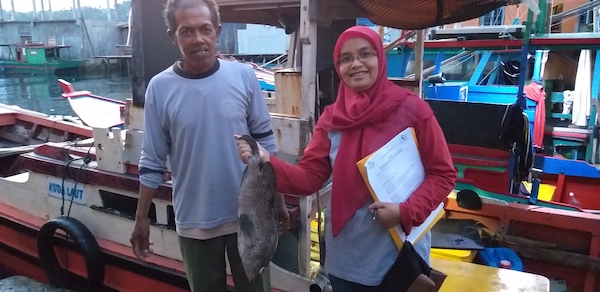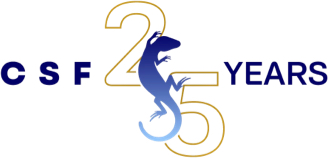News
En un reciente estudio realizado por Conservation Strategy Fund (CSF) y FAUNAGUA, con el apoyo de WWF-Bolivia, se estimó que el valor económico anual de la pesca comercial amazónica es superior a los 100 millones de Bs, y probablemente alcanza los 148 000 millones de Bs. El pescado amazónico es parte de una compleja cadena productiva que involucra pescadores, mayoristas, minoristas y restaurantes, proveyendo empleo a más de 5 000 personas. Además de este valor, existe una importante contribución de la pesca de subsistencia a la seguridad alimentaria de las familias que viven en zonas rurales, donde el pescado es la principal fuente de proteínas.
Conservation Strategy Fund (CSF) Indonesia employs a research-to-policy approach to providing sustainable development goals for marine management all across Indonesia. As a part of this approach, CSF Indonesia collaborated with the Agency of Research and Human Resources (BRSDM) within the Ministry of Marine Affairs and Fisheries (MMAF) to hold a National Seminar on Research and Policy in Fisheries Socio-Economics.
In partnership with the Costa Rican Fisheries Federation (La Federación Costarricense de Pesca) (FECOP), Conservation Strategy Fund is proud to share our latest video on sport fishery economics. Our latest video demonstrates the surprising impact that sport and charter fishing have on the economy, the dynamic interplay between sport and commercial fishing, and the importance of effective fisheries management.
For years, the fishing industry in the Sorong region of West Papua, Indonesia, has relied on a broker system between local fisherman and commercial companies; a system that disproportionately prioritizes export-grade fish for trade, often to the detriment of local fishers. As a result, when the government placed restrictions on fishing activities and markets due to COVID-19, local fisherman suffered a devastating setback. Unable to fish or sell their fish at market, many local families were left without a primary source of income.
Photo credit: Shuttershock
Photo: Solid oil spills in front of a Bintan Island resort. Photo credit: Ani Suryanti
Case Study of Bintan Island, Riau Islands
Marine Fellowship Program mentors and participants in Gorontalo, making a “c” for conservation sign. Photo credit: Setia Dewi
Gillnet Catches. Photo courtesy of Dwi Ari Priyanto
Kuala Tungkal is the capital city of West Tanjung Jabung Regency on the east coast of central Sumatra and lies within Indonesia’s Fisheries Management Area (FMA) 711. The majority of people in this coastal city make their living fishing, and the endemic mantis shrimp is their main source of income.
Leny Dwihastuty is studying the benefits of Ministry Regulation Kepmen KP No 47 Tahun 2016

